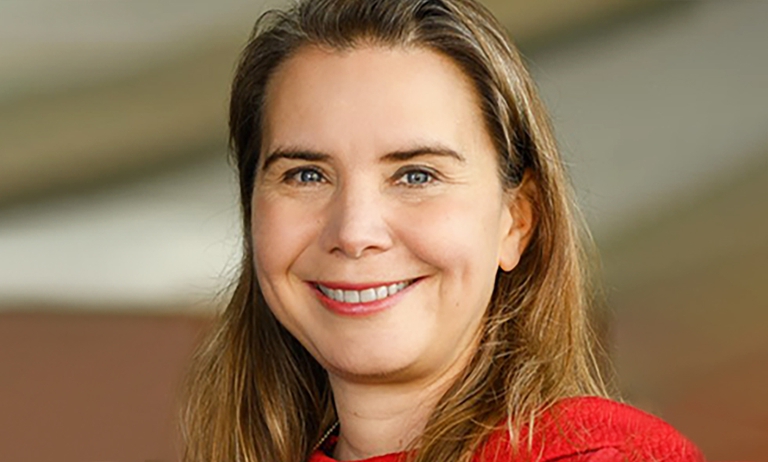Conspiracy Theories: Interview with communication scientist Katharina Kleinen-von Königslöw
Press & Communications
Conspiracy Theories: Interview with communication scientist Katharina Kleinen-von Königslöw

Prof. Dr. Katharina Kleinen-von Königslöw is professor of digital communication and communication studies in the Department of Social Sciences at Universität Hamburg and researches on the debate culture in social networks.
Ms Kleinen-von Königslöw, according to a study by the Hans Böckler Foundation in the summer of 2021, around 18 percent of the working population in Germany believe in conspiracy theories. Has this become a societal problem?
The result of the study is not particularly unusual in itself. The belief in conspiracy theories only becomes a social problem when it becomes a guiding principle for too many people and social problems arise from it – for example when too many people do not get vaccinated against COVID because or even threaten and attack medical staff who vaccinate.
How do you recognise a conspiracy theory?
The central feature of conspiracy theories is that they cannot be proven wrong. This means that for every counter-argument, the theory finds an explanation that calls its validity into question. The general rule is that the stronger the claim that nothing happens by chance and the more explanations are put forward behind the explanation, the more likely it is to be a conspiracy theory. And the further away the claims are from the state of research and general knowledge, the higher the likelihood that it is a conspiracy theory.
Conspiracy theorists, lateral thinkers, anti-vaxxers, COVID deniers – how do you differentiate?
In the case of anti-vaxxers, it is worth taking a close look at what specific reasons they have for rejecting the vaccination and whether these relate to their own decision whether to vaccinate or not or to compulsory vaccination. COVID deniers usually do not deny the existence of the disease itself but the necessity of COVID measures, so I prefer to avoid this imprecise term altogether. In the case of lateral thinkers and conspiracy theorists, on the other hand, there is such a great overlap that it does not make sense to differentiate between them.
How can employees be protected against attacks by conspiracy theorists?
First of all important it is important that staff have a contact point in the organisation.
What should employees do in case their managers spread conspiracy theories?
This is a very difficult situation, which we unfortunately have experienced at Universität Hamburg. My recommendation would be to get together with your colleagues to see find out who can best intervene, for example because he/she a) does not need to worry about retribution and b) can express criticism most credibly. Also, by taking a collective stand, individual staff members make themselves less of a target for possible retribution.
How do you react to conspiracy theories yourself?
As a lecturer or invited speaker, I feel obliged to give little space to conspiracy theories. Sometimes, however, it can be worthwhile to ask the conspiracy theorists to explain a certain aspect in more detail with regard to the topic and prove themselves wrong this way. As a mere listener, on the other hand, I would always consider whether it is worth the effort and risk.
Note to all colleagues:
If you are unsure how to deal with people who believe in conspiracy theories in your private or professional environment and this situation is bothering you, feel free to contact the DESY works council. The best way is via the address: betriebsrat-hamburg@desy.de. Every conversation is of course confidential.